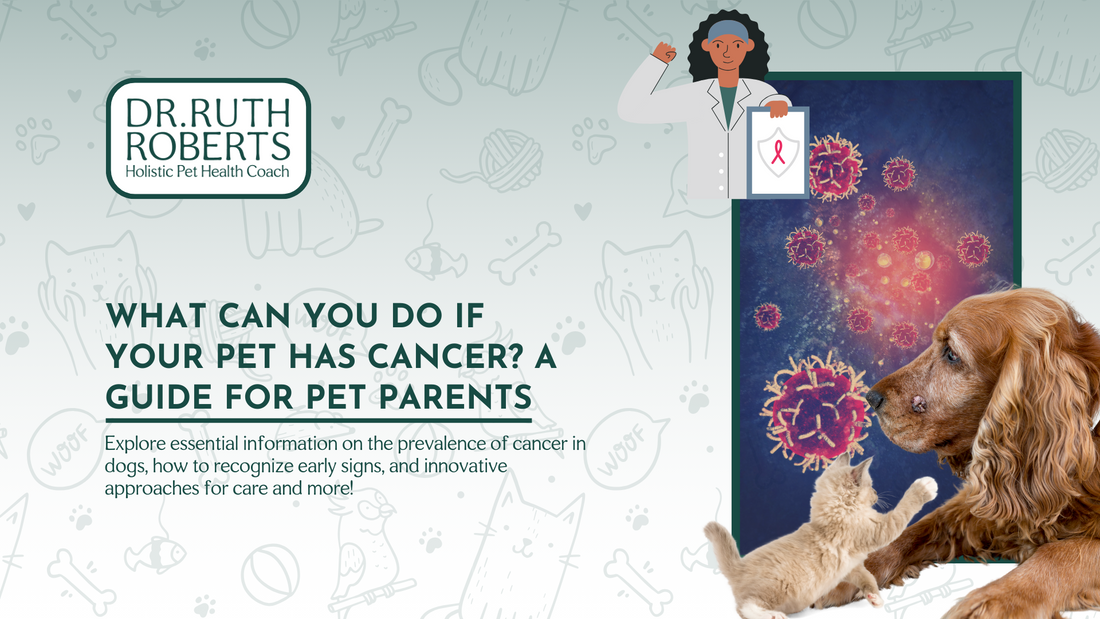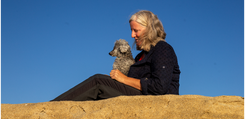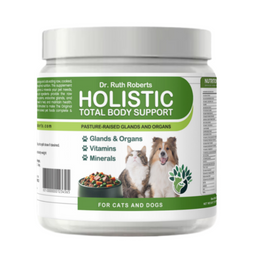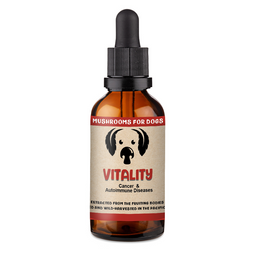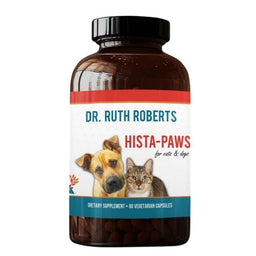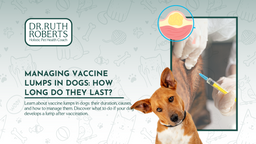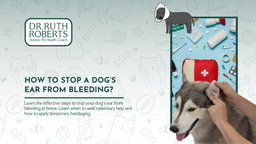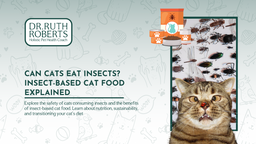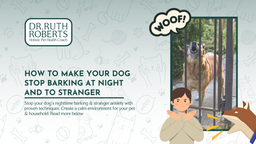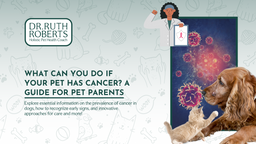Dog cancer, like cancer in humans, is the uncontrolled growth of abnormal cells in the body. Normally, these cells grow, divide, and die in an orderly way. But in cancer, some cells start growing and dividing way too much, like rogue Legos building out of control. These abnormal cells form lumps or bumps called tumors, which can damage healthy tissue. If left unchecked, these "rogue" cells can even travel through the body and spread the cancer to other parts. This is called metastasis. Metastasis can lead to new tumors forming in other organs, further compromising the body's function. Furthermore, cancer cells can evade the body's immune system, making it difficult for the body to fight off the disease effectively.
Five Most Common Cancer in Dogs
Just like us, our furry friends can develop different types of cancer. While there are many kinds, some are more common than others. Knowing these common types can help you spot signs early and get your dog the care they need. Here are some of the most frequent cancers seen in dogs:
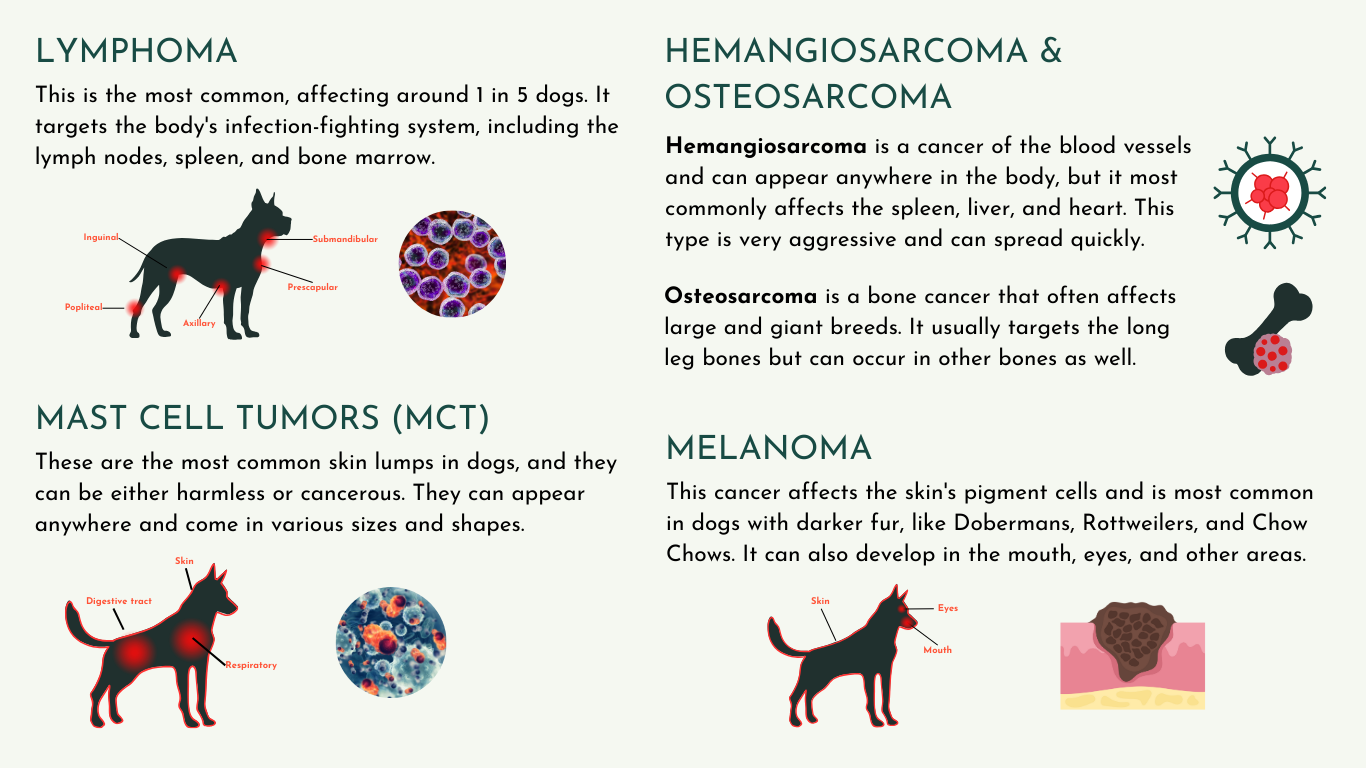
Why Do So Many Dogs Get Cancer These Days?
Cancer has become increasingly prevalent among dogs, with over 6 million new cases each year, attributed to various factors. Older dogs, particularly those over 10, are at higher risk, as 50% are likely to develop cancer. Genetic predisposition plays a significant role, with breeds like Golden Retrievers and Boxers facing up to 20 times higher risk for certain cancers. Environmental factors, such as exposure to secondhand smoke and pesticides, alongside poor lifestyle choices like inadequate diet and lack of exercise, also elevate cancer risks. Additionally, light-skinned dogs are more susceptible to skin cancers due to sun exposure.
However, the rise in cancer diagnoses isn't solely negative. Dogs are living longer due to improved care, allowing more time for potential cancerous changes to occur. Enhanced diagnostic methods enable early detection, increasing the chance for successful treatment. Greater awareness and access to veterinary care contribute to the uptick in identified cases, emphasizing the importance of early intervention. Owners must stay vigilant for any signs of discomfort or changes in their dogs' behavior, as early detection is key to effective treatment.
Why is Early Detection of Cancer in Dogs Crucial?
Early detection of cancer in dogs is critical for several reasons. Procrastinating veterinary visits out of fear can lead to worse outcomes for your pet. Early discovery allows for prompt treatment, significantly improving your dog’s chances of recovery. Given the shortage of veterinary oncologists relative to the high number of dogs diagnosed with cancer each year, early intervention is vital to avoid long wait times for specialized care.
Detecting cancer early can greatly increase survival rates, as early-stage cancers are more likely to be treatable and potentially curable. Treatments like surgery, radiation, or chemotherapy are more effective at early stages, with success rates that can exceed 50%. Conversely, late-stage cancers may only allow for disease management and palliative care, though some dogs can still enjoy quality life with proper treatment.
Quick action upon noticing any signs of illness in your dog is crucial, and consulting with a veterinary oncologist can ensure your pet gets the best available care. Oncologists are equipped to conduct thorough diagnostics and tailor treatment plans to your pet's specific needs, offering the best chance for a positive outcome.
How Do You Help Detect Cancer in Your Dogs
While catching cancer early is crucial, spotting it in dogs can be tricky because the signs can sometimes resemble those of less serious problems. Here are some key things to watch out for:
- Lumps or bumps: New lumps or changes in existing ones need a vet check.
- Weight changes: Unexplained weight loss or gain, especially without changes in eating or activity, is a warning sign.
- Loss of appetite: If your dog isn't interested in food, especially good food, for a long time, something might be wrong.
- Low energy: Feeling tired or lacking energy more than usual can be a sign of various problems, including cancer.
- Trouble breathing, eating, or going potty: These problems could mean cancer is affecting certain organs or how they work.
- Bleeding or unusual discharge: Any unexpected bleeding or discharge from the eyes, ears, nose, or other places needs immediate vet attention.
Diagnosing Pet Cancer: The Role of Veterinary Oncologists

For diagnosing and treating pet cancer, it's crucial to consult a board-certified oncologist who brings specialized expertise beyond general veterinary care. These experts offer tailored treatments, including advanced options like chemotherapy and radiation, ensuring your pet receives top-notch care. Pet Cancer Care Consulting can connect you with such specialists, allowing for expert consultations.
One of the experts I recommend is Dr. Rachel Venable. Dr. Venable is certified by the American College of Veterinary Internal Medicine as a medical oncologist. She's dedicated to staying updated on the latest clinical trials and offering cutting-edge treatments to her patients. Dr. Venable has written many publications and speaks at local and national events. She's also a VIN consultant, teaches veterinary oncology at Midwestern University, and is involved in several veterinary associations. Her approach to oncology focuses on teamwork between the local vet, pet owners, and herself to provide compassionate care and ensure the best possible quality of life for pets and their families.
Final Thought
We want you to know that you're not alone in this journey. While facing pet cancer may feel like an insurmountable challenge, please remember that you have a community of caring individuals standing beside you, ready to offer support, guidance, and compassion. Together, we'll navigate through the ups and downs, celebrating the victories and providing solace during the tough times. So let's hold onto hope, cherish every precious moment with our furry companions, and continue to fight for their health and happiness with unwavering love and determination.

